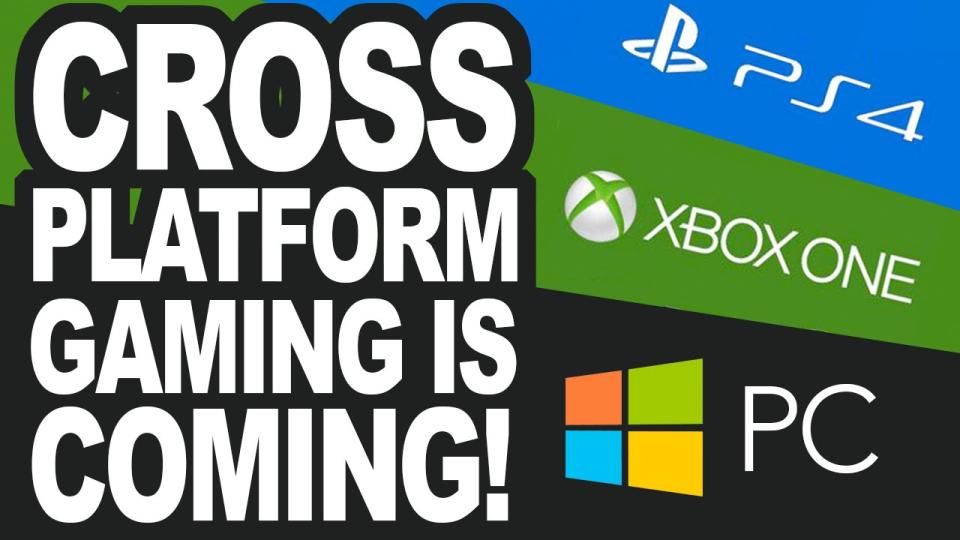Cross platform gaming: Are we getting there?
Gaming has grown up, and gaming technology is about to take a major step forward in universal integration. Microsoft is working towards cross-platform gaming: multiplayer gaming experiences between separate consoles and PC, separate console platforms or even consoles and different operating systems.
The prospect of cross-platform gaming is exciting. The ability for anyone, regardless of their platform, to play against anyone else, regardless of their opponents platform, is very intriguing. In a platform agnostic world, anyone with an XBox could theoretically play against anyone with a PlayStation, Nintendo, PC or even Mac/Linux, through Steam, a digital gaming distribution service. Ideally, the previous borders of console and PC gaming would crumble and it would an open gaming world. This is exciting stuff.
The excitement should be tempered, however. Cross-platforming seems inevitable to some extent, but there are reasons to suspect it will not be perfect.
Rocket League has taken the bold first step, committing themselves to this project. I commend them for facing the challenge, and respect them greatly for their efforts, but they were also a perfect candidate. Rocket League existed on PS4 and Xbox One, the current generation of consoles from Sony and Microsoft, as well as connected options on Steam.
Not all game developers are as integrated, however. Think of the gaming landscape as a three-way tug-of-war. The three forces at work are the producers of platforms, mostly in the form of consoles, like the Microsoft Xbox One or Nintendo Wii U; the the developers and producers of games; and finally, the consumers - the gaming public. Some games are currently produced as console exclusives, or games sold exclusively for a single console. The Legend of Zelda is an exclusive Nintendo property; Gears of War is similarly an exclusive Microsoft property that is sold exclusively for the Xbox platform and Windows PC.
As time goes on, the gaming public may begin to demand cross-platform capabilities as standard. Almost all AAA games are developed to work on all platforms, with Call of Duty working on Xbox, PlayStation and Steam for PC and Mac. Most of the smaller budget and independent games, however, are fixed to development for the PC or a single console. As cross-platforming becomes a standard, the costs for a smaller entity to create a game capable of meeting those demands might skyrocket.
It also stands to reason that cross-platforming will be uneven. It is easy to envision PC and Xbox integration, and it does not seem like a stretch to imagine PC and PlayStation integration, but what about the Mac and Linux operating systems? Fallout 4 was one of the biggest selling games of 2015, and it was sold on all major consoles and PC... but Bethesda has never offered support from the Mac operating system, and they show little interest in doing so in the future. Mac and Linux both utilize Steam for gaming, but both platforms are deprived of the majority of the games offered on Steam, which are available for PC. This does not seem platform agnostic.
Make no mistake about it, cross-over play will happen. Many look forward to massive online sports games with whole teams of players fighting it out on the field. The multiplayer potential is unlimited and will bring thousands of hours of entertainment to millions.
Issues will persist for smaller developers, however, and there should be real doubt on whether Mac and Linux will similarly 'get in the game' with cross-platforming. While gaming appears to be on a very clear course, it appears that a few roadblocks still exist for cross-platforming and platform agnosticism.

